Florida Statute §732.802, the “slayer statute”, is designed to prevent anyone who intentionally kills another to inherit from the victim’s estate. Instead, the victim’s assets pass as if the slayer had predeceased the victim. This statute was adopted by the Florida legislature from the Uniform Probate Code. It is intended to deter people from killing to gain an inheritance.
Scope of The Law
The slayer statute provides that one who intentionally kills can not inherit from victim in following ways:
· Under the victim’s last will and testament
· As a related party under Florida’s intestacy law
· Pursuant to a life insurance or other contractual arrangement, or
· Assets titled as joint tenants with right of survivorship
Proof Required
A final judgment of conviction of murder in any degree is conclusive for purposes of applying the slayer statute. In the absence of a conviction of murder in any degree, the court may determine by the greater weight of the evidence whether the killing was unlawful and intentional for purposes of this section.
WHAT IF THE SLAYER IS ACQUITTED
This issue has arisen in many cases and can arise when a killer is found not guilty by reason of insanity. It is an essential element of the Slayer Rule that the slayer possesses the requisite mens rea or intent to murder when he slays the victim. If a criminal court finds a defendant guilty of murder, then the slayer statute invariably applies. If, however, a criminal court finds a slayer not guilty of murder, the application of the slayer rule is still possible. A civil court could still find that the slayer had the necessary intent to murder by a preponderance of evidence and apply the slayer rule. This is what happened in Congleton v. Sansom, 664 So. 2d 276 (Fl 1st DCA, 1995).
Under the Uniform Probate Code, and most other jurisdictions that have adopted its version of the Slayer Rule, those who kill while acting in self-defense are generally exempt from the Slayer Rule.
If you have a probate case or a question about an inheritance, contact Fort Lauderdale attorney John Clarke for a free consultation at (954)556-8952.

